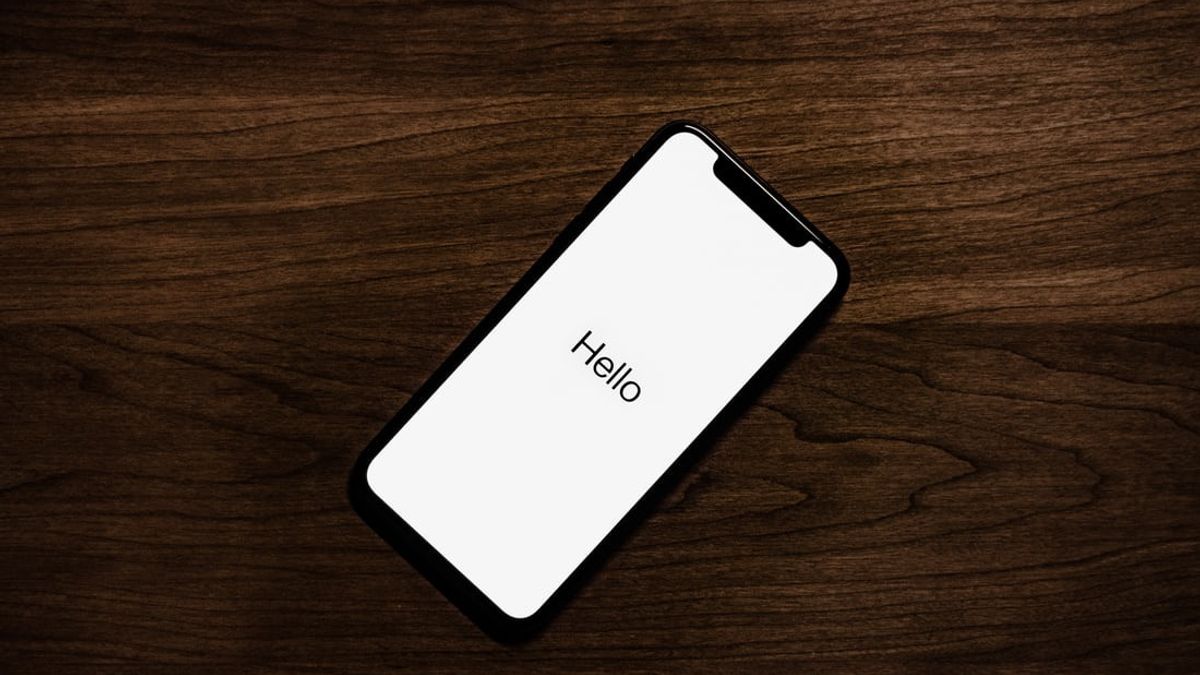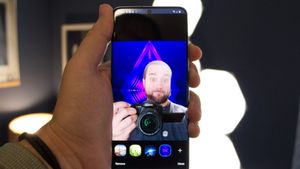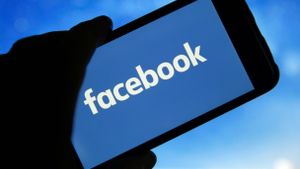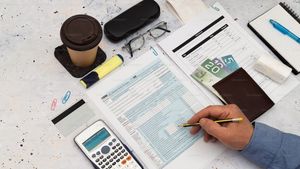JAKARTA - Apple is working with the University of California, Los Angeles (UCLA) and pharmaceutical company Biogen to develop an iPhone feature that can help diagnose depression and cognitive decline.
According to a report by The Wall Street Journal, as quoted by CNET, Wednesday, September 22, Apple is looking for ways to build reliable detection algorithms by identifying signals found in iPhone users' biometric data, including sleep patterns, mobility, and how to type on the iPhone.
That algorithm, Apple hopes, could form the basis for new iPhone features. If realized, these diagnostic capabilities will add to Apple's growing health and wellness portfolio, which already includes EKGs and may soon include other important health data, such as blood pressure.
Apple's codename for the UCLA project is Seabreeze. For the Biogen project, the code name is Pi. UCLA had previously announced that the pilot phase of its research began last fall with 150 people and will expand to include 3.000 people later this year.
Health care has been a key area of focus for Apple over the past few years, with the Apple Watch evolving from a relatively basic health tracker to an advanced product that includes many health monitoring and management features.
With the fourth-generation Apple Watch, the company also introduced the ability to record an electrocardiogram or ECG. However, its underdeveloped diagnostic technology still seems to be making use of iPhone data rather than data from the Apple Watch.
Privacy Is Apple's Challenge
One of the reasons why Apple and its partners are unsure about the final fate of this project is that new features will require extensive tracking which could trigger security concerns among general users and privacy advocacy groups.
Apple is reportedly trying to circumvent those concerns by relying on algorithms that work on devices without data being sent to the company's servers in Cupertino or elsewhere, Screenrant reports.
SEE ALSO:
Along with UCLA and Biogen, Apple is also reportedly working with Duke University as part of a brain-related research partnership that the company hasn't disclosed to the public. The two appear to be working on technology to detect childhood autism.
The research will reportedly use iPhone cameras to study how young children focus, how often they move back and forth, and other measures.
While it remains to be seen how the project will pan out, if Apple and its partners succeed, it promises a paradigm shift in health tracking, and one that competitors like Samsung, Xiaomi, and others may find difficult to match.
The English, Chinese, Japanese, Arabic, and French versions are automatically generated by the AI. So there may still be inaccuracies in translating, please always see Indonesian as our main language. (system supported by DigitalSiber.id)


















